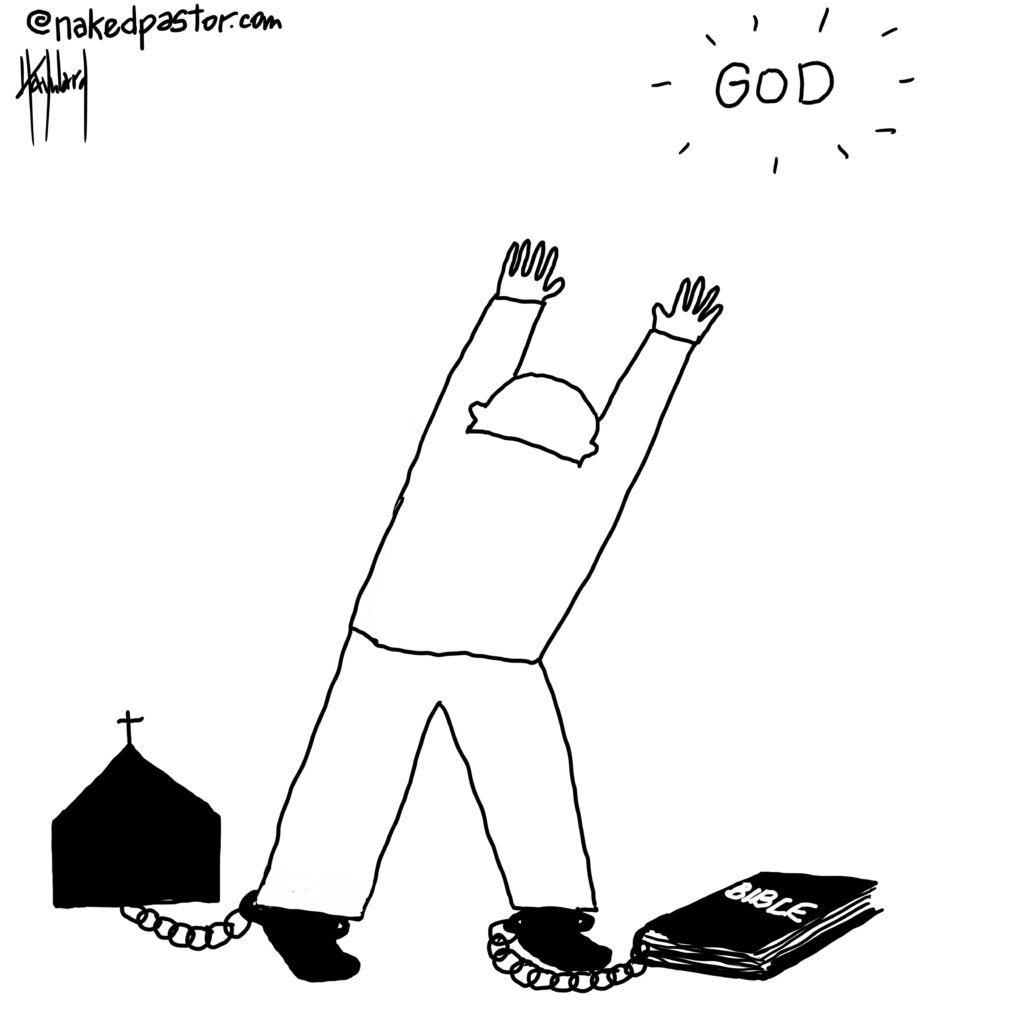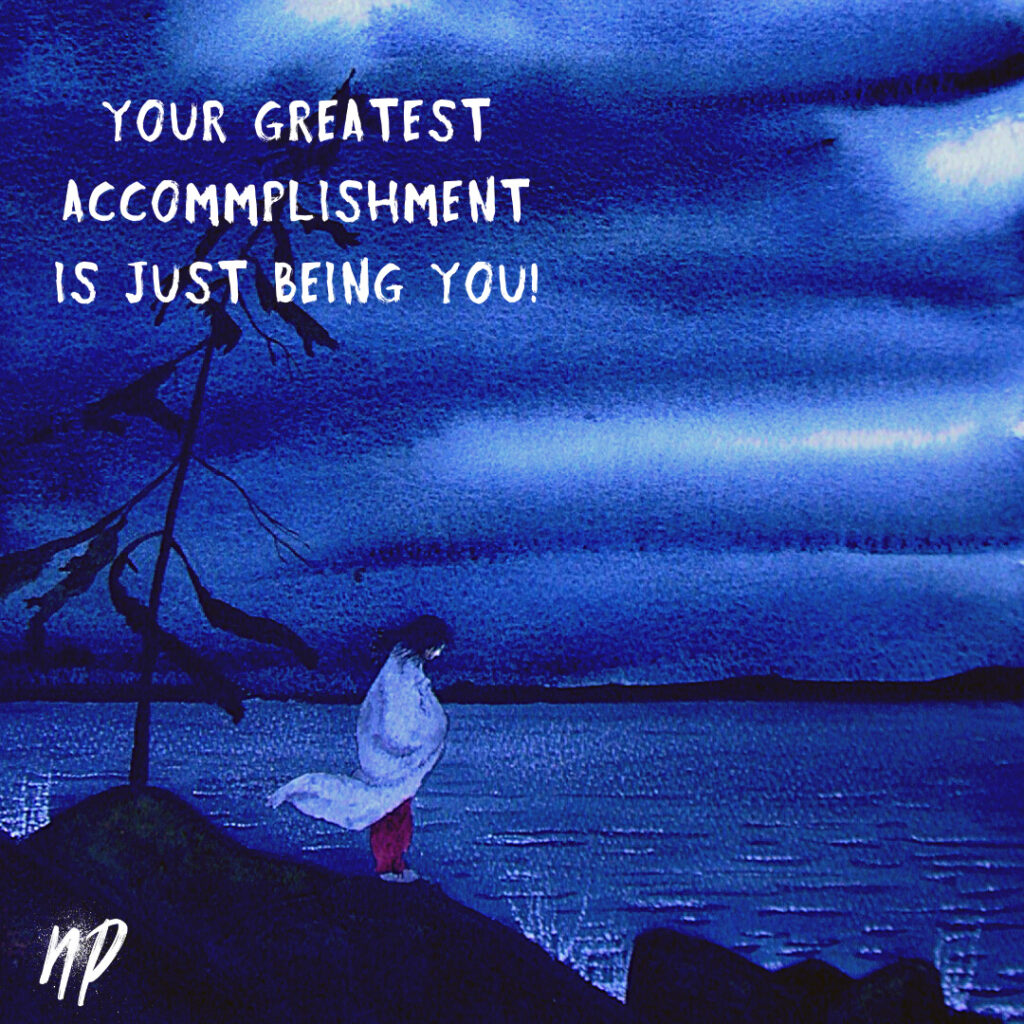If you think your purpose must come from outside yourself, you are a lifeless implement or a slave to another mind. And that is exactly what most religions teach. . . . In Christianity, the ultimate purpose is to glorify and worship the master, not to live or enjoy your own life.
Dan Barker, Life Driven Purpose: How an Atheist Finds Meaning

Religion, including Christianity based cultures, assume that we are meaning seekers and followers, which is very convenient for them, because then they can give us all the answers.
But what if religion, incl. Christianity, not only got the answer wrong, but also got the question wrong? What if we are not here to be meaning seekers and followers, but instead to be meaning makers?
If you are an Atheist, you might already believe that life has no ultimate meaning. No fixed purpose.
And if there is a god or higher power, so far, that higher power hasn’t communicated clearly with us, so that we can say for certain, what the purpose of us being here is. Therefore, if you believe in a god or other kind of higher power, then who says that that higher power has created you with a specific purpose, other than to create your own purpose, your own meaning?
If you are still searching, maybe that is the reason why you haven’t found it yet? Because you are here, not to search, find and follow, but to create it yourself.
So, what would shift, if we changed our focus from being meaning seekers and followers, to becoming meaning makers? Creating our own meaning and purpose, free from the slavery of searching for and following a purpose, that maybe or maybe doesn’t exist, somewhere outside ourselves, created by somebody or something else.
That a thing can feel meaningful doesn’t mean that we have consciously chosen it, that it actually serves our interests, or that it matches our cherished values.
Eric Maisel, The Atheist’s way: Living Well Without Gods
Making that change of focus is far from always easy, especially if you grew up in a religious environment, where you where indoctrinated with the assumptions and answers of that religion. But maybe there is a freedom to be found, if you do make that shift? I would say that there is.
So, what would happen, if you decided that you are free to consciously create your own meaning and purpose, based on who you are and what you need, desire and enjoy?
How would your decision making process change?
What values would you emphasize and base your life on?
What would you make room for more of in your life?
What would you create?
How would you live your life differently, from what you do now? Both in a bigger picture and day to day?
If you should write your own life purpose statement1, what would you want it to say?

- Idea taken from Eric Maisel, The Atheist’s way: Living Well Without Gods
